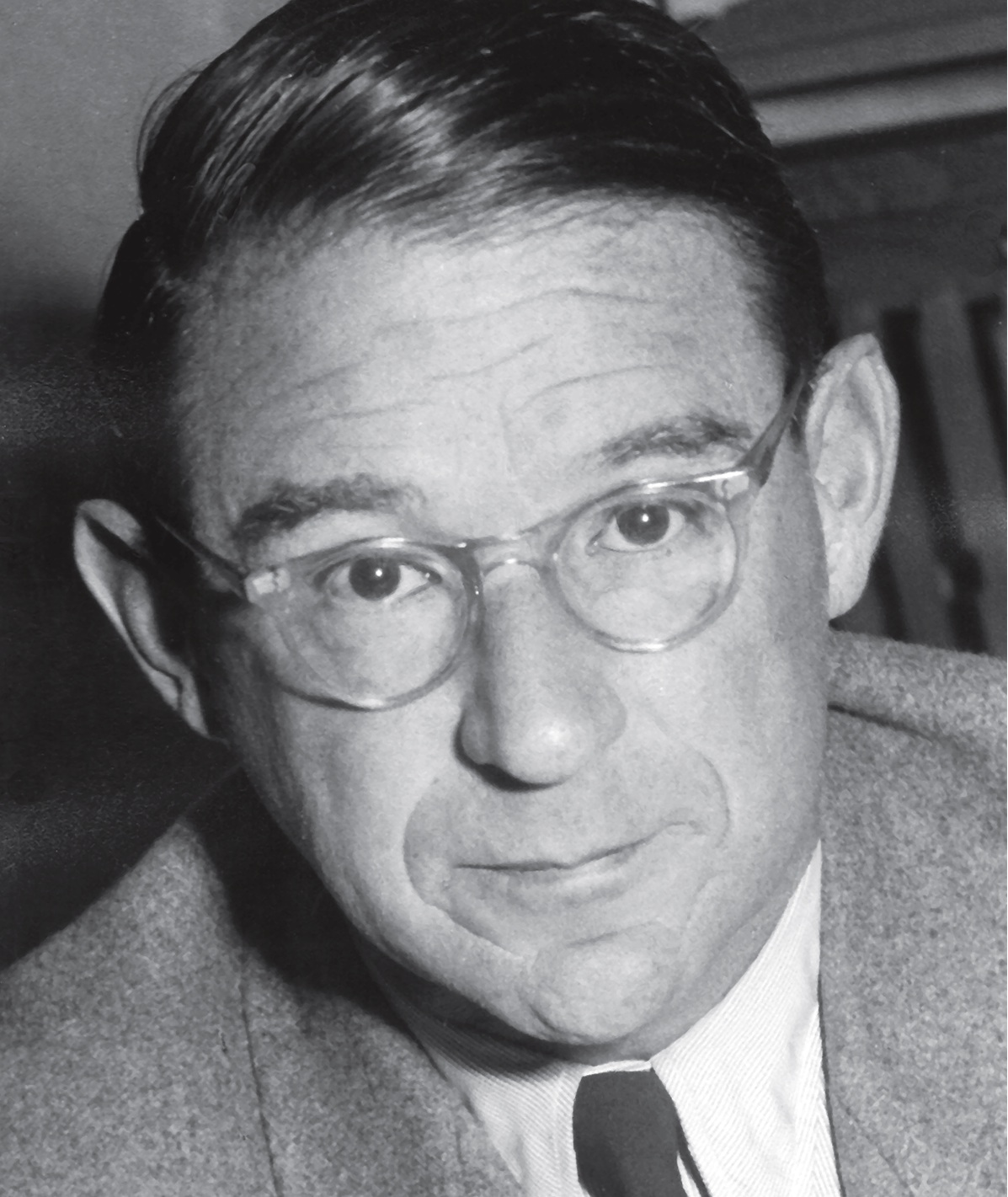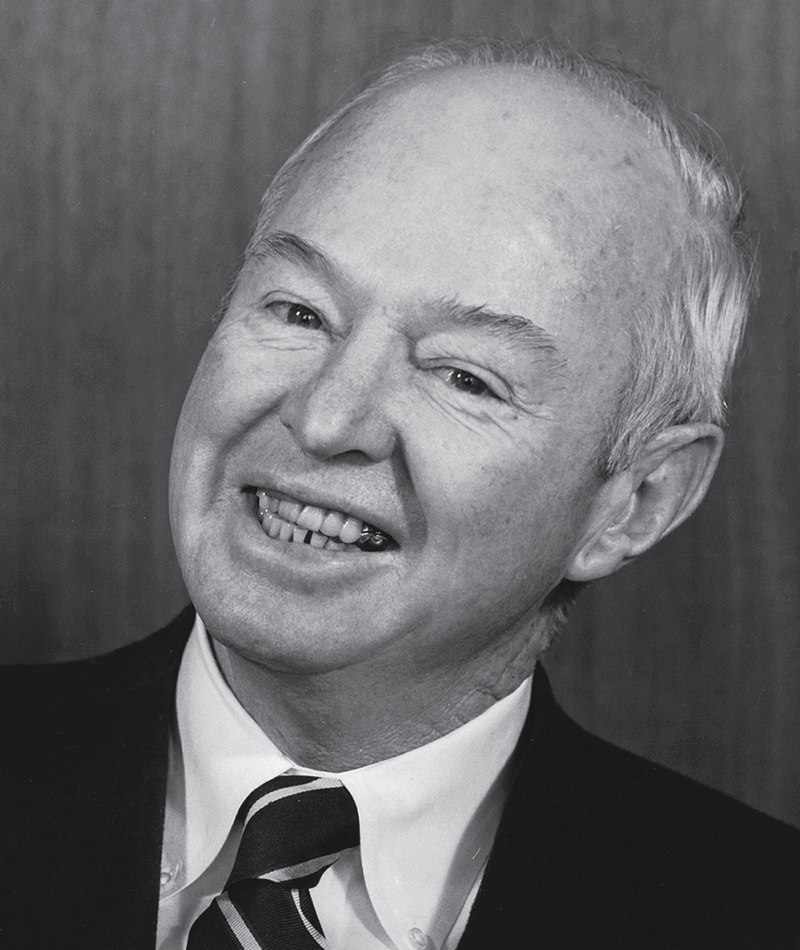Walter Brecht was born in Augsburg, Germany, on June 29, 1900. He received his Masters Degree in 1923 and Doctorate
(Dr. Ing) in 1925, both from the Technische Hochschule, now Technische Universität Darmstadt (TUD), Germany. After graduation, he moved to the United States to work as a process engineer at Hammermill Paper Company, Erie, PA, (1925-1926). In 1926, he returned to Augsburg, Germany to join Haindl Paper Company as mill superintendent. In 1931, he was invited to join TUD as a Professor and head of the Department of Paper Science and Technology (DPST) from where he retired in 1971 after a very successful 40-year tenure. At TUD, Brecht was also Dean of the Faculty of Mechanical & Chemical Engineering (1939-1944 and 1949-1951) and Rector of TUD (1956-1957).Under his leadership, DPST became one of the major pulp and paper centers in the world. His work resulted in improving stone groundwood pulp, stock preparation, refining, screening, calendaring, dimensional stability, intensified utilization of recycled fibers and issues related to environmental protection. He played a pivotal role in developing paper testing devices such as wet strength analyzer, stiffness tester and dynamic ply-bond tester.
Brecht guided a total of about 350 Masters and PhD students, including around 20% from non-German speaking countries and authored some 388 publications. Abstracts of Brecht’s 388 publications were published as special issue by Papiertechnishe Stiftung Verlag, München, Germany. Brecht also authored two books “Wastewater and Its Treatment”
(1980) and “Our Life in Augsburg – at that time” (1985).
Brecht was member of German and Austrian Paper Engineers’ Associations; the Royal Swedish Academy of Engineering Sciences; a TAPPI member since 1930 and German Representative to the EUCEPA Executive Committee (1956-1973).
He also organized the International Conference of Engineers’ Training (IKIA) in 1947 and two EUCEPA Conferences in Germany; one in Darmstadt (1963) and the other in Berlin (1968); he was also the editor of both Conference Proceedings. He was the first recipient of the Mitscherlich Award of German Paper Engineer’s Assoc. (1936). Other awards included the Ullstein Award of the German Federation of the Printing Industry (1971); U.S. TAPPI Fellow (1971); the Lampen Award of the Finnish Paper Engineer’s Assoc. (1972), and Silver Merit Award from the City of Darmstadt (1980).
Brecht died in Darmstadt, Germany on September 9, 1986.

